Post nasal drip can irritate your throat. If you clear your throat more often than you think you should, here’s how to stop post nasal drip fast. Natural cures for post nasal drip cough and home remedies discussed below can help you get rid and stop post nasal drip cough irritation.
Glands in your nose and throat continually produce mucus (one to two quarts a day). Mucus moistens and cleans the nasal membranes, humidifies air, traps and clears inhaled foreign matter, and fights infection.
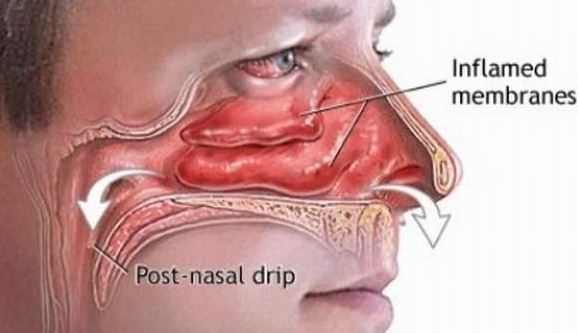
Although it is normally swallowed unconsciously, the feeling of it accumulating in the throat or dripping from the back of your nose is called post-nasal drip. This sensation can be caused by excessively thick secretions or by throat muscle and swallowing disorders.
RECOMMENDED FOR YOU:
1. How to relieve a swollen nose
2. Swollen ear canal causes, remedies and treatment
- Increased thin clear secretions can be due to colds and flu, allergies, cold temperatures, bright lights, certain foods/spices, pregnancy, and other hormonal changes.
- Increased thick secretions in the winter often result from dryness in heated buildings and homes. They can also result from sinus or nose infections and allergies, especially to foods such as dairy products.
If thin secretions become thick, and turn green or yellow, it is likely that a bacterial sinus infection is developing. Below, we have discussed how to get rid of post nasal drip fast. The solutions include natural home remedies and a few medical treatments.
How to stop post nasal drip fast
Post-nasal drip (PND) is a common problem that occurs due to excessive mucus production by the nasal mucosa. It’s a very irritating and uncomfortable situation to deal with and can affect people of any age.
Glands in the lining of your nose, throat and airways continually produce mucus, a kind of thick, wet substance. It moistens and cleans the nasal membranes, humidifies the air in the airways, traps and clears inhaled foreign matter and fights infections. The following are the fastest ways to stop post nasal drip cough.
a) Steroid nasal sprays for post nasal drip cough
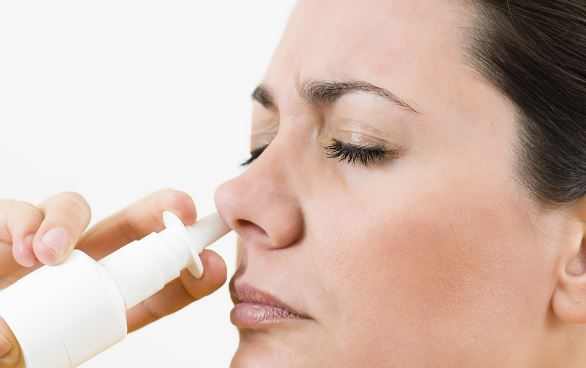
Intra-nasal glucocorticoids (steroid sprays applied directly into the nose) are often recommended as the first line of treatment.
Steroids are potent anti-inflammatory and anti-allergic agents and may relieve most of the associated symptoms of runny and itchy nose, nasal congestion, sneezing, and post-nasal drip.
Their use must be monitored and tapered by the prescribing physician as long-term use may have significant side effects. Examples of the nasal steroids include:
- Beclomethasone (Beconase),
- Flunisolide (Nasarel),
- Budesonide (Rhinocort),
- Fluticasone propionate (Flonase),
- Mometasone furoate (Nasonex), and
- Fluticasone furoate (Veramyst).
These are generally used once or twice daily. It is recommended to tilt the head forward during the administration to avoid from spraying the back of the throat instead of the nose.
b) Oral decongestants for PND
Oral decongestants temporarily reduce swelling of sinus and nasal tissues leading to an improvement of breathing and a decrease in obstruction.
They may also stimulate the heart and raise the blood pressure and should be avoided by patients who have high blood pressure, heart irregularities, glaucoma, thyroid problems, or difficulty in urination.
Post Nasal Drip Remedies
While there are varied causes of excess mucus production, you can treat many cases of the condition at home using simple and readily available ingredients. However, if the problem persists for more than a week, consult a doctor.
1. Gargle with salt water

Gargling with salt water is one of the best home remedies to ease the discomforts of post-nasal drip, especially after eating. It helps thin the mucus, making it easier for you to get rid of it. It also flushes the irritants out of the nasal passages, thus stopping post nasal drip cough.
- Add ½ teaspoon of salt to 1 cup of warm water.
- Stir thoroughly until the salt dissolves.
- Gargle with this solution a few times daily for 2 to 3 days.
2. Steam inhalation
Use steam treatments, with or without essential oils, to control excess mucus production that causes post-nasal drip, cough and throat irritation.
- Make a bowl of hot, boiling water.
- Optionally, add a few drops of any essential oil.
- Drape a towel over your head and hold your face over the hot water.
- Deeply inhale the steam for about 10 minutes, then blow your nose.
- Do this 2 or 3 times daily until you recover completely.
- You can even take warm showers to help break up the mucus.
https://www.youtube.com/watch?v=ev88wuG1olY
Note: Steam inhalation is not recommended for very small children.
3. Nasal Irrigation
Nasal irrigation also helps clear up excess mucus and stop PND cough. It even helps keep the nasal passages free from irritants and prevents further infection in the sinuses and throat. Here’s how to prepare an irrigation to stop post nasal drip irritation.
- Add ¼ teaspoon of salt and a pinch of baking soda to 1 cup of warm distilled water.
- Fill a neti pot with this solution.
- While standing over a sink, tilt your head to one side and squirt the solution into one of your nostrils.
- Move your head back, forward and side-to-side to help the solution reach your nasal cavities.
- Blow your nose to remove excess mucus and solution.
- Repeat the process with the other nostril.
Do this once daily for a few days and then a few times a week.
4. Garlic home remedy for post nasal drip
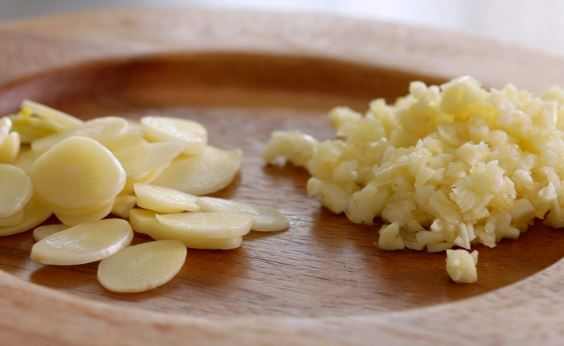
Garlic is a potent herb with powerful antibiotic properties. It helps control overproduction of mucus and prevents infection and bad breath. It even promotes quick recovery.
- Chop 3 to 4 garlic cloves and roast them in 1 teaspoon of clarified butter for 1 minute. Eat them with warm milk twice daily for a few days.
- Another option is to chew a small piece of raw garlic a few times a day.
- You can even take garlic supplements after consulting your doctor.
5. Ginger to stop post nasal drip fast naturally
Ginger is a natural decongestant and contains antiviral, antibacterial and expectorant properties. It helps reduce the overproduction of mucus and aids its expulsion.
It also helps relieve chest congestion, hoarseness and a sore throat, common symptoms of post-nasal drip. Drink ginger tea 2 or 3 times a day. To make the tea, do the following:
- Put 1 tablespoon of sliced ginger in 1 to 2 cups of water.
- Simmer on low heat for 10 minutes.
- Strain, add a little raw honey and drink it.
- You can also chew raw ginger slices several times a day and add ginger to your cooking.
6. Cayenne pepper post nasal drip cure
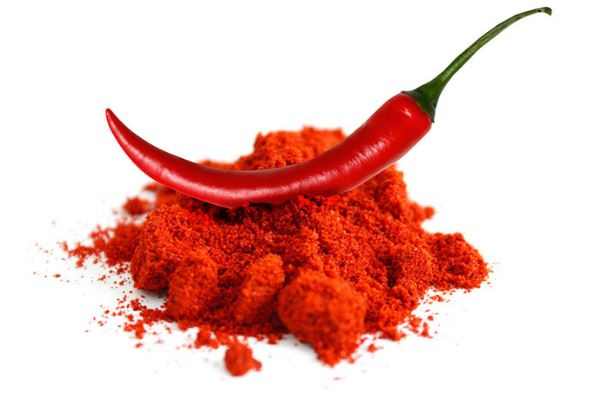
Cayenne pepper acts as an antihistamine and helps treat post-nasal drip. The capsaicin in cayenne helps thin the mucus for easy elimination. It even helps soothe an irritated throat. Here’s how to use cayenne pepper to stop post nasal drip fast.
- Mix ½ teaspoon each of cayenne pepper and honey and have it 2 or 3 times daily for a few days.
- Alternatively, add ½ to 1 teaspoon of cayenne pepper powder to a cup of warm water and sip it slowly. Repeat a few times a day.
Include cayenne pepper in your cooking as well.
7. Lemon juice
Lemon helps loosen mucus for easy elimination. In addition, the high vitamin C content improves the body’s resistance to infections. Here’s how to use lemon juice or lemon water to get rid and stop post nasal drip.
- Squeeze the juice of ½ lemon into a cup of warm water.
- Add raw honey for taste.
- Drink this first thing in the morning on an empty stomach and a few times throughout the day to control the overproduction of mucus.
You can also add lemon juice to your cup of black or green tea.
8. Use apple cider vinegar to stop post nasal drip
An alkalizing remedy like apple cider vinegar is another effective solution for post nasal drip irritation. It will help thin the mucus, making its elimination easier. In addition, it boosts your immunity to fight infections.
- Mix 1 to 2 tablespoons of raw, unfiltered apple cider vinegar.
- Add a little raw honey in a cup of warm water.
- Drink this tonic 2 times a day for a few days.
You can also dilute raw, unfiltered apple cider vinegar with equal amounts of water, heat the solution until it steams and then inhale the steam. Do this a few times a day for a few days.
9. Drink more water to ease post nasal drip cough
Increasing your fluid intake will help thin the mucus and get rid of post nasal drip irritation in the throat. It will also keep your body and nasal passages well hydrated. Dehydration can aggravate your symptoms and make the condition even worse.
- Drink an ample amount of water throughout the day. For best results, drink warm water.
- You can even drink hot lemonade, green tea, chicken soup, vegetable soup and broths.
- Avoid caffeine, alcohol and soda, which can cause dehydration.
Note: If you have kidney-related problems, consult your doctor before increasing your fluid intake.
10. Increase Vitamin C Intake
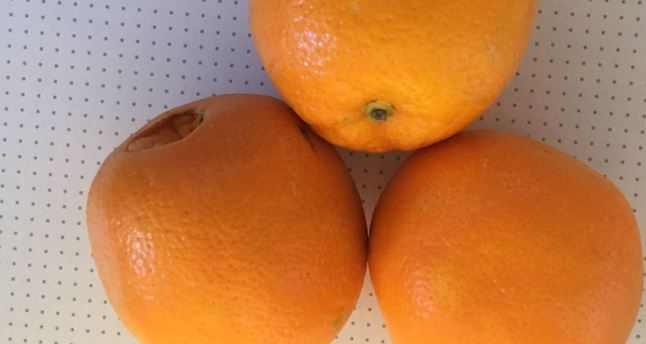
When suffering from post-nasal drip caused by allergies, it is important to eat more vitamin C-rich foods. Vitamin C is a powerful antioxidant that boosts the immune system and builds resistance to various kinds of infections. It also helps lower the production of histamine in your body which is involved in allergic reactions.
We also recommend supplemeting of Vitamin C powder (Check price on Amazon)
Eat more vitamin C-rich foods like lemons, oranges, bell peppers, kiwis, berries, dark leafy greens, broccoli, tomatoes, and papayas. You can also take vitamin C supplements. Consult your doctor for the correct dosage that may help you stop infections that cause post nasal drip cough.
11. Baking soda nasal irrigation
According to Therabreath, baking soda and warm water mixture “reduces the number of bacteria in the mouth, soothes the throat and breaks up the mucus that gets caught in the throat.” You can also use it as a homemade nonprescription irrigating solution. Here’s how to use baking soda to get rid of post nasal drip fast.
- Mix 1 cup warm water, 1 teaspoon salt.
- Add a pinch of baking soda.
- Get a nasal syringe and squirt the mixture into your nostril, closing off the back of your palate and your throat.
- Tilt your head back, forward, and to each side for eight to ten seconds in each position to get the solution through all four of your sinus cavities.
- After you swish everything around, blow your nose. Try squirting in three or four bulbs full of the solution on each side of your nose.
- If you don’t have a bulb syringe, you can snort the mixture out of your cupped hand.
- Try this process up to six times a day when you’re dealing with postnasal drip.
- If you want to avoid future problems, do it twice a day.
12. Improve your environment
- Keep the humidity high and stable in your house by keep a kettle of water on low boil.
- Do away with allergens. If cat dander tends to make your mucus start multiplying, it’s logical that you can avoid postnasal drip by avoiding that allergen. If you’re not sure what allergies aggravate your nasal passages, do a little detective work and find out.
- Skip the smog. Smog contains known nasal irritants. Check your newspaper for news on air quality for the day and try to stay indoors as much as possible on bad days.
- Skip the smoke, too. Second-hand smoke can have just as bad an effect on your throat, sinuses, and nasal passages as first-hand stuff does.
13. Aromatherapy
Aromatherapists use essential oils to help clear out the mucus causing your post nasal drip and you can too. There are several ways to inhale the vapors, including a vaporizer, a diffuser and putting a few drops on a handkerchief.
Essential oils for congestion include:
- Peppermint (you can make peppermint tea to stop post nasal drip)
- eucalyptus
- fennel
Other Home Remedies for Thick Mucus
The following home remedies are most helpful if you have thick mucus:
- Avoid dairy products. While dairy doesn’t cause your body to make mucus, it may make it thicker.
- Drink plenty of water because staying hydrated can thin the thickened mucus. Also, avoid dehydrating beverages, such as anything with caffeine or alcohol.
- Use a humidifier or take a hot shower. To loosen the thick mucus, breathe warm, moist air.
- Try an over-the-counter saline nasal spray to loosen thick mucus and clear the debris from inside your nose. Saline sprays have been found to be successful for stopping post nasal drip and cough.
- A neti-pot (a small and simple device yogis use for nasal irrigation) is helpful in relieving symptoms.
While most studies on neti-pots show positive results, at least one study shows regular use of neti-pots may increase your risk of developing a sinus infection. Therefore, you probably shouldn’t use a neti-pot regularly and not at all if you suspect a sinus infection or are particularly prone to developing sinus infections.
Home Remedies for Thin, Watery Mucus
If you have thin, watery mucus, try these home remedies to get rid of post-nasal drip:
- Eat spicy foods, including the chili peppers in Thai or Indian food and the wasabi in Japanese cuisine, because they are expectorants. The spiciness encourages your body to expel mucus and is also known to lift your mood.
- Drink plenty of water.
- Avoid spending a lot of time in cold temperatures to prevent PND. For example, avoid exercising outside in cold weather. This is because cold weather encourages your body to produce more mucus.
Additional Tips to Get Rid of Post Nasal Mucus
- Blow your nose frequently to remove excess mucus from the nasal cavity
- Use a tissue to blow your nose, and throw your used tissues away immediately.
- Wash your hands after blowing your nose.
- Get plenty of rest for a few days to help your body recover quickly.
- Maintain adequate humidity inside your house.
- Stay away from possible allergens that may be aggravating your condition.
- Steer clear of smog and other pollutants.
- Avoid cigarette smoke, or quit smoking.
- Suck on menthol candies or lozenges to soothe an irritated throat.
- Stay away from some dairy products, including milk and ice cream, as they can trigger post-nasal drip.
- Keep your house clean by vacuuming and dusting a couple times a week.
Resources and quoted sources
- WebMD: Post Nasal Drip.
- Entnet: Post-Nasal Drip.
- Therabreath: DON’T SUFFER FROM POST NASAL DRIP THIS SEASON
Sugar
Hydrogen peroxide


